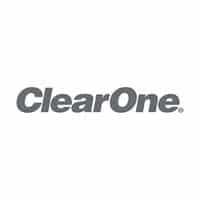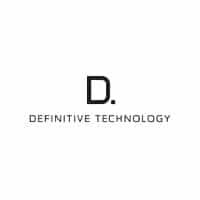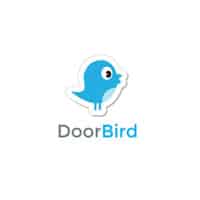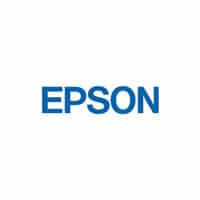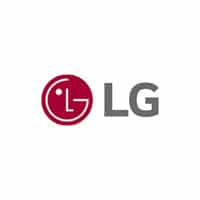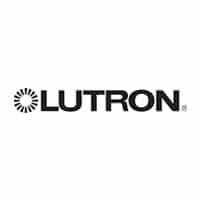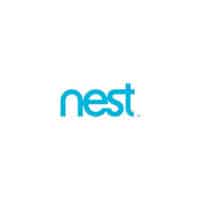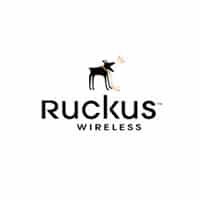As the nature of work continues to evolve, so too must the spaces in which we work. Modern offices are no longer just places to complete tasks; they are dynamic environments designed to foster collaboration, creativity, and productivity. For architects, interior designers, and contractors, integrating smart systems into office design is essential to meet the demands of today’s workforce. In this blog post, we’ll explore the future of workspaces and how to seamlessly incorporate advanced smart systems.
The Rise of Hybrid Work Models
The shift towards hybrid work models has accelerated the need for flexible and technologically advanced workspaces. To support this new way of working, offices must be equipped with the right tools to facilitate seamless communication and collaboration.
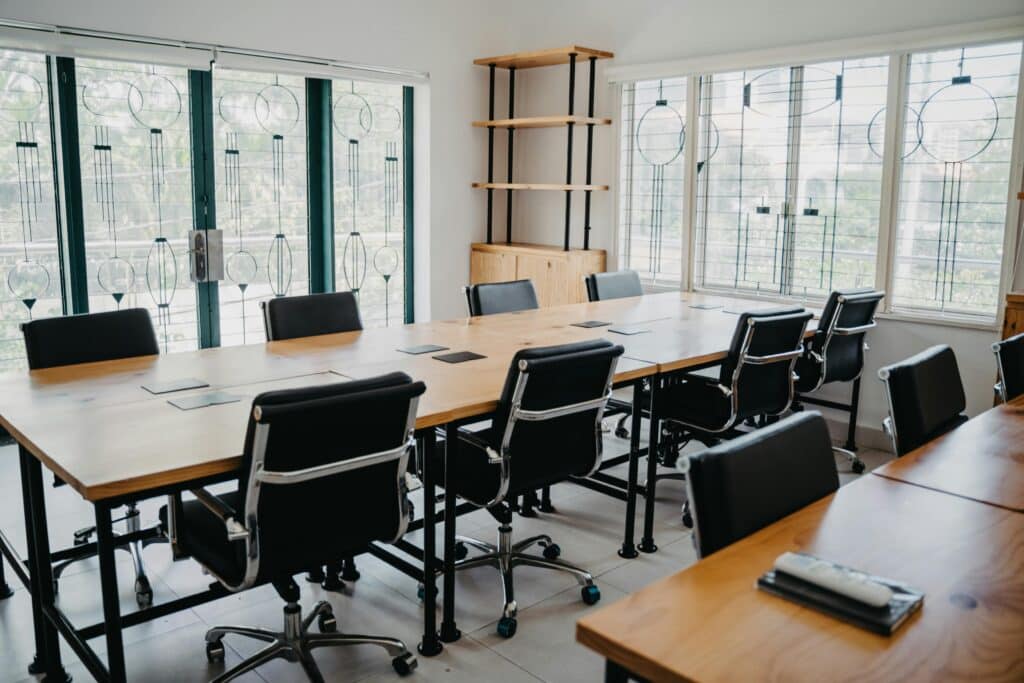
Key Smart Systems for Modern Offices
Conference Room Systems
- Importance: High-quality conference room systems are crucial for maintaining effective communication, especially with remote work becoming more prevalent.
- Integration Tips: Design conference rooms with built-in video conferencing equipment, including cameras, microphones, and large displays. Ensure that these systems are user-friendly and easily accessible.
- Product Lines: We recommend Shure, Atlona, and Q-Sys product lines for your project.
Access Control Systems
- Importance: Advanced access control systems ensure physical and digital security, providing peace of mind for both employees and employers.
- Integration Tips: Implement smart access control systems that use keycards, biometrics, or mobile apps for secure entry and exit.
- Product Lines: Integrate systems like Brivo for robust and scalable access control solutions.
Smart Lighting Systems
- Importance: Smart lighting systems enhance the work environment by adjusting based on natural light levels and the time of day, reducing eye strain and improving productivity.
- Integration Tips: Use smart lighting solutions that can be controlled via mobile apps or voice commands, and integrate them with other smart systems for seamless operation.
- Product Lines: Lutron Caseta is a popular option for a smart lighting system that offers flexibility and ease of use.
Audio-Visual (AV) Systems
- Importance: High-quality AV systems are essential for presentations, training sessions, and collaborative meetings, ensuring clear audio and visual communication.
- Integration Tips: Equip meeting rooms with large displays, high-definition projectors, and surround sound systems to enhance the AV experience.
- Product Lines: Shure’s Microflex system offers a complete portfolio of networked audio solutions that can be precisely tailored to your needs, for best-in-class collaboration experiences in any room.
To support your lighting, access, conference room, and AV systems, it’s critical to have a robust and secure network.
- Importance: A dedicated network ensures that all smart systems, from conference room setups to AV systems, operate smoothly without interruptions.
- Integration Tips: Invest in high-quality networking equipment, such as enterprise-grade routers, switches, and access points, to provide consistent and reliable connectivity.
- Product Lines: Digital Systems and Integration designs networks suited to your specific needs and budget—no building or project is alike, and we pay special attention to make sure your WiFi will work around your building’s obstructions and interference. Enjoy reliable connectivity all around your office and anywhere else you need it. Forget about dead spots and slow speeds, because our experts can provide you with complete coverage.
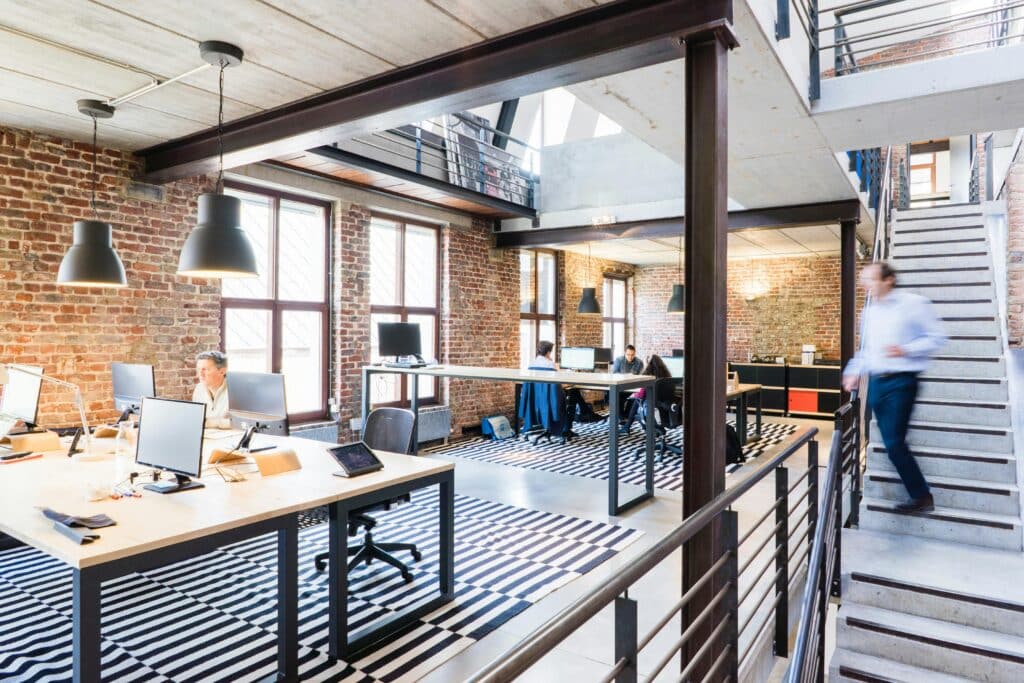
The future of workspaces lies in the seamless integration of smart systems that support hybrid work models and enhance employee well-being. By incorporating conference room systems, access control, smart lighting, automated shades, AV systems, and dedicated networks into office design, architects, interior designers, and contractors can create dynamic, flexible, and productive environments that meet the needs of today’s workforce.
As you embark on designing the next generation of workspaces, keep these key technologies and strategies in mind to ensure that your office designs are not only functional but also future-proof.


